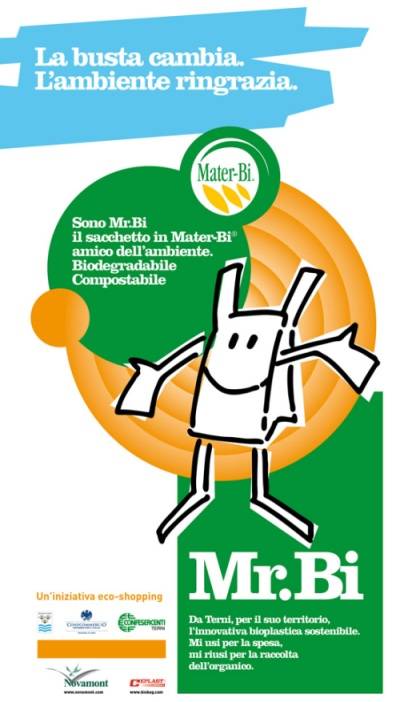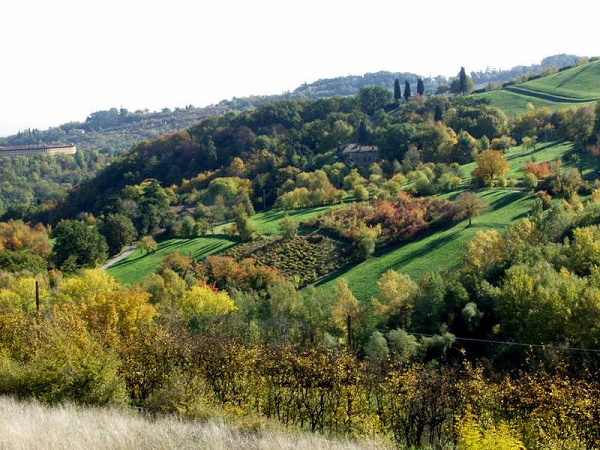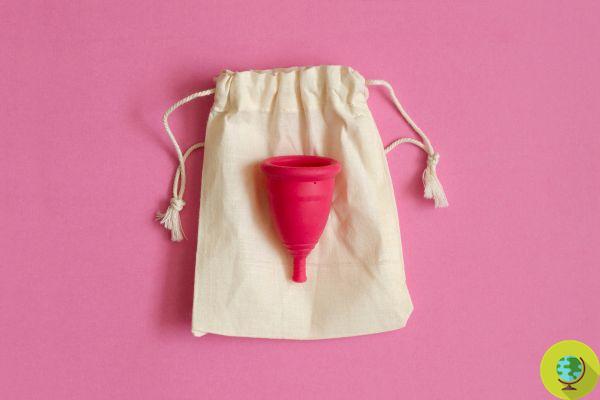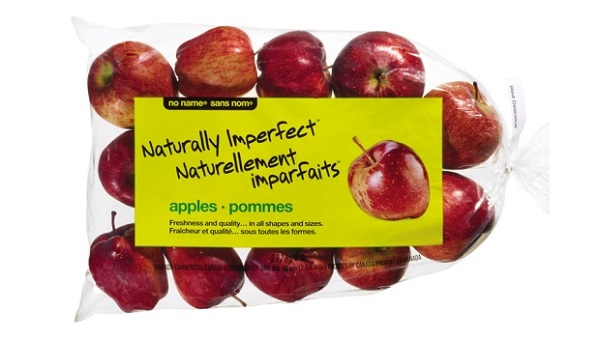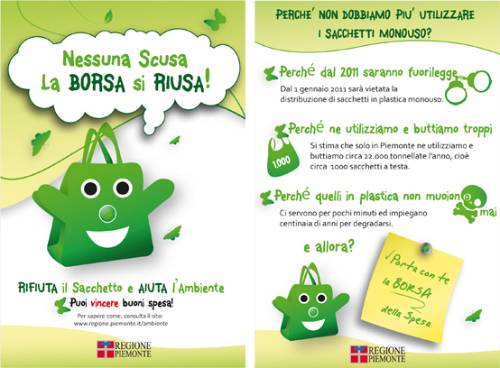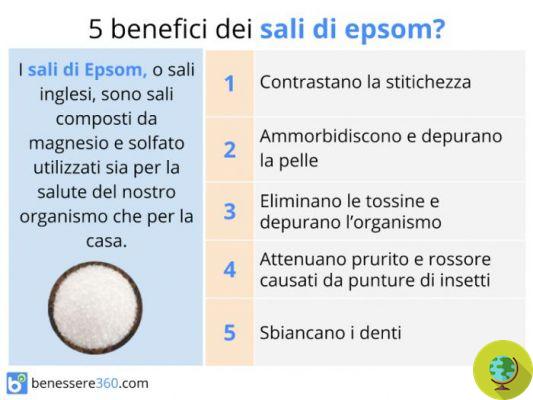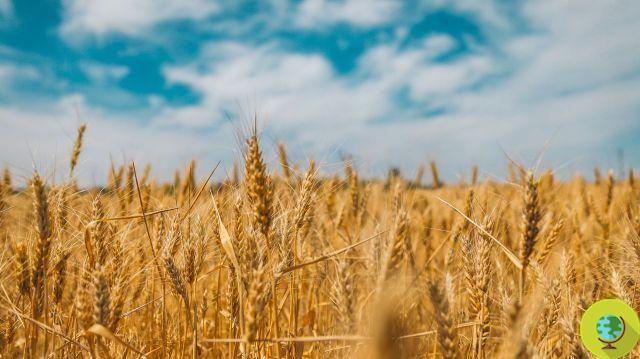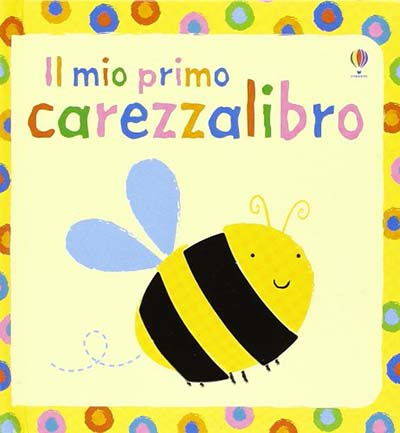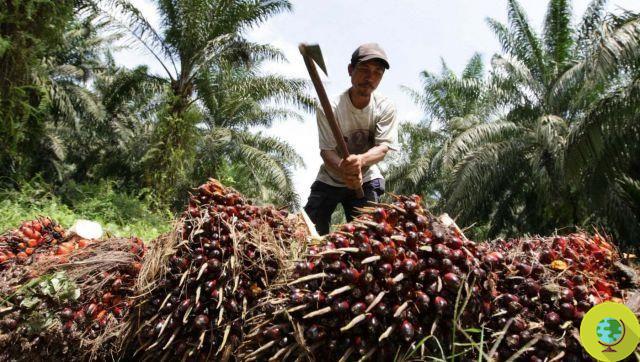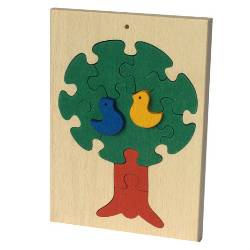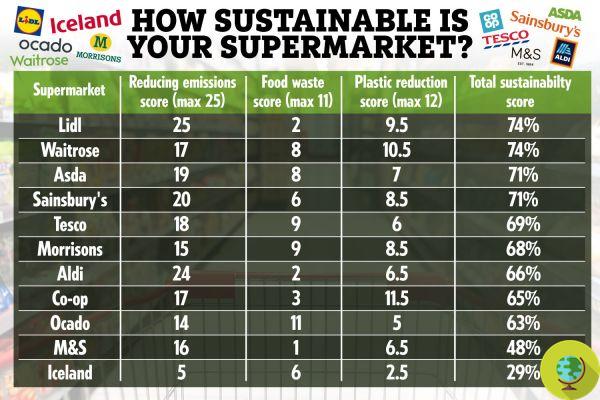
Greenhouse gas emissions, food waste and production of plastic waste are the parameters with which the sustainability of supermarkets was assessed
Don't store avocado like this: it's dangerousEvery daily gesture of ours can make a difference for the environment, even the supermarket where we go shopping: in fact, more and more buyers are worried about their impact in the climate crisis and make conscious choices in the name of environmental sustainability. Which? has in fact compiled a ranking of the most important supermarket chains in the United Kingdom - taking into account parameters such as the reduction of food waste or the production of plastic packaging - to help consumers choose an expense that is as sustainable as possible.
In its analysis, the journal focused on three macro areas, assigning a score to each of them: use of plastic (number of plastic packages sold), food waste (food thrown away in proportion to that sold), greenhouse gas emissions. Eleven supermarkets were analyzed and, although none managed to obtain a high score in all three categories, some stood out for sustainability: at the top of the ranking, with a total score of 74/100, they ranked the the German Lidl chain and the English Waitrose chain.
(Read also: Aldi supermarket chain experiments with bulk shopping to reduce plastic packaging)
In particular, Lidl has achieved excellent results as regards the reduction of greenhouse gas emissions, but has not shown itself sufficiently convincing in reducing food waste from unsold products; on the contrary, Waitrose has distinguished itself for its anti-waste policies and for the consistent reduction of plastic waste. At the bottom of the ranking is the supermarket chain Iceland - bad both from the point of view of plastic production and that of CO2 emissions. But here is the complete ranking:
- Lidl - 74%
- Waitrose - 74%
- Asda - 71%
- Sainsbury’s – 71%
- Tesco - 69%
- Morrisons - 68%
- Aldi - 66%
- Co-op - 65%
- Ocado – 63%
- Marks & Spencer - 48%
- Iceland - 29%
Among other brands, Ocado has beaten other supermarkets when it comes to food waste, as it redistributes almost all excess and unsold food, leaving only 0,04% as waste; Co-op, on the other hand, stood out for its great commitment to reducing plastic: all the packaging produced by the brand is 100% recyclable and can be returned to the collection points in the store to start their "second life" .
But we consumers too can contribute to changing and improving the marketing policies of supermarket chains. The customer is always right and therefore the more sustainable direction of customer choices also leads brands to modify their sales proposals to meet new needs. A few examples: we can choose to buy only loose fruit and vegetables, avoiding polluting plastic packaging; we may prefer a greater consumption of vegetables, legumes and cereals to the excessive purchase of meat and products of animal origin. Slowly, supermarket chains will adapt to our choices, and all together we will help save the planet.
Follow your Telegram | Instagram | Facebook | TikTok | Youtube
Sources: The Guardian
We also recommend:
- No more plastic: French supermarkets will have to set up "draft stations" for the sale of bulk products
- Bulk products: 10 reasons to buy on tap
- Sustainable shopping: 10 tips to buy better and pollute less




